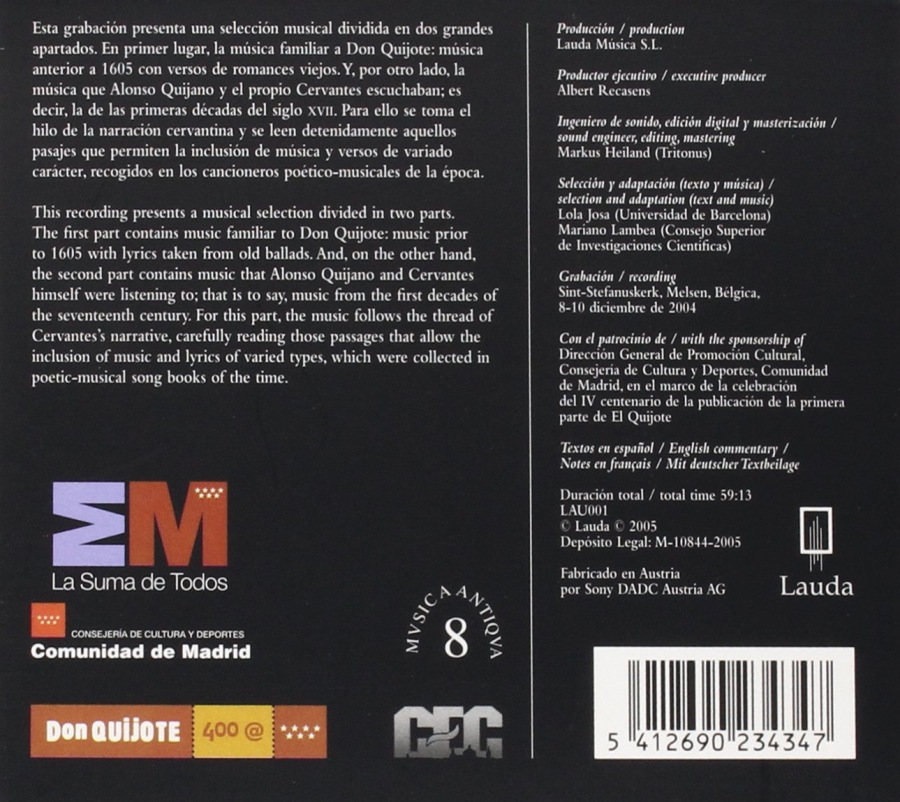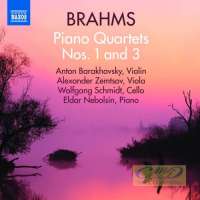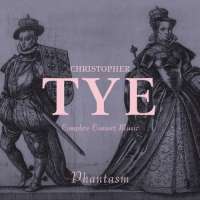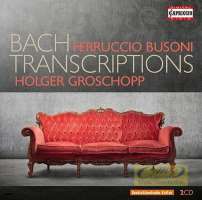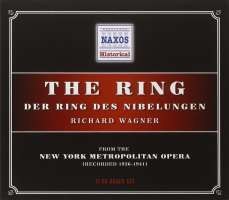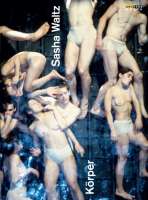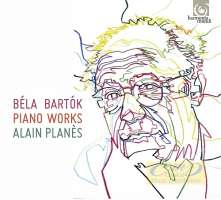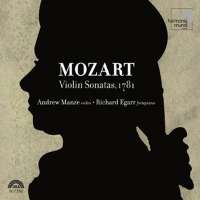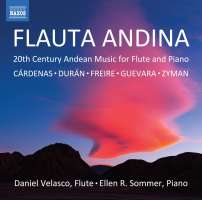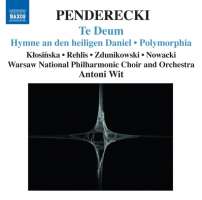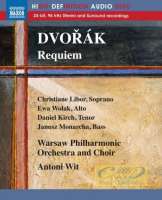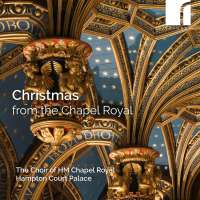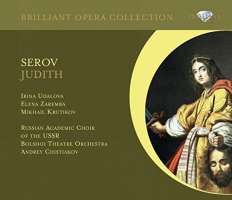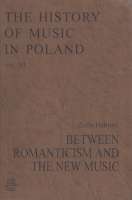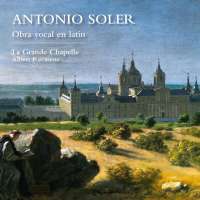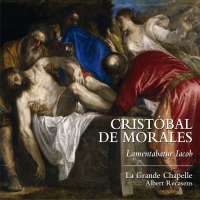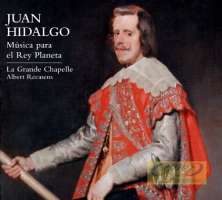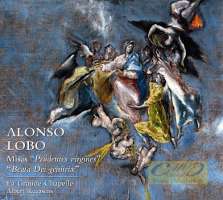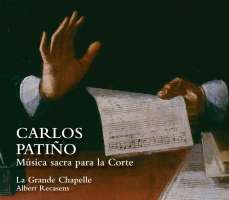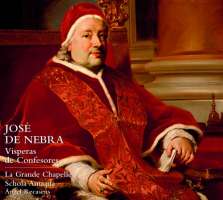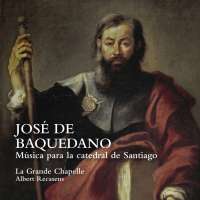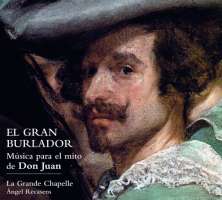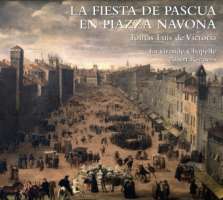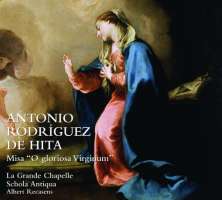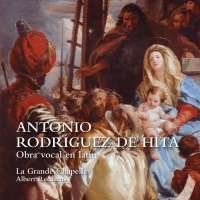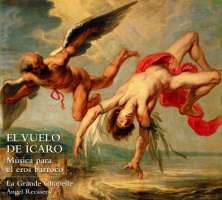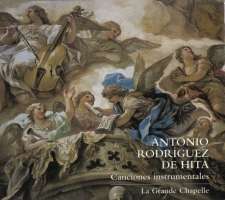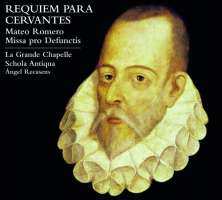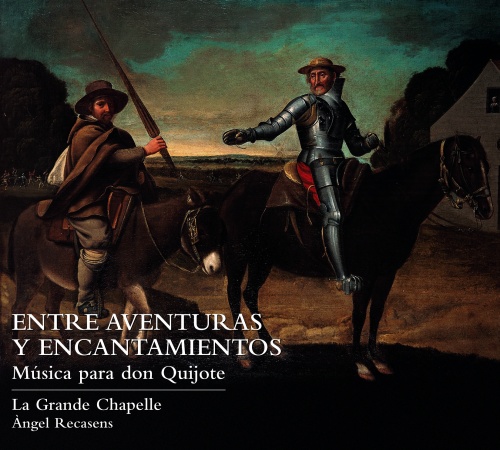
tytuł
Among Adventures and Enchantments. Music for Don Quijote
wykonawcy
La Grande Chapelle;
Recasens, Angel
Recasens, Angel
nr katalogowy
LAU 001
opis
This recording consists of a selection of music divided into two main sections. The first contains music familiar to Don Quixote: music composed prior to 1605 and set to verses from old ballads. As is widely known, Cervantes’s character is an anachronistic knight who lives his literary fiction anchored in the past. For this reason, Cervantes included references to archaic music as a setting for certain passages of his novel. • On the other hand, the recording also includes the music that Alonso Quijano and Cervantes himself listened to; that is to say, music dating from the early decades of the seventeenth century. This is a result of following Cervantes’s storyline and carefully selecting those passages that allow music and verses of a varied nature to be included. Such inclusions have been taken from the musical-poetic songbooks of the period, such as the Cancionero de Turín, Romances y letras a tres voces, Cancionero Póetico-musical Hispánico de Lisboa, Cancionero de la Sablonara, Libro de Tonos Humanos and others featuring an excellent repertory of ballads set to music and texts intended for singing. • Extremely interesting for the modern listener are Cervantes’s own poems, which mark the discourse of Don Quixote and were never set to music. The team of scholars made up of Dr. Lola Josa (Universidad de Barcelona) and Dr. Mariano Lambea (CSIC) was responsible for their selection and adaptation using the technique of contrafactum. This technique is based on the old custom of the period, in which certain poems were systematically sung to the tune of well-known and popular songs. At the same time, other poems by Jorge Manrique, Garcilaso de la Vega, Lope de Vega and Luis de Góngora, with corresponding music, illustrate certain episodes from Cervantes’s novel. • Finally, this journey through Don Quixote also includes the instrumental repertory of the period, and penetrates further into the sacred music of the period: Miserere mei, Domine by Mateo Romero and Super flumina Babylonis by Tomás Luis de Victoria, both of which contain direct references to the corresponding passage from Cervantes’s masterpiece.
nośnik
CD
gatunek
Muzyka klasyczna
producent
Lauda
data wydania
22-08-2012
EAN / kod kreskowy
5412690234347

(Produkt nie został jeszcze oceniony)
cena 79,00 zł
lubProdukt na zamówienie
Wysyłka ustalana indywidualnie.
Darmowa wysyłka dla zamówień powyżej 300 zł!
Darmowy kurier dla zamówień powyżej 500 zł!
sprawdź koszty wysyłki